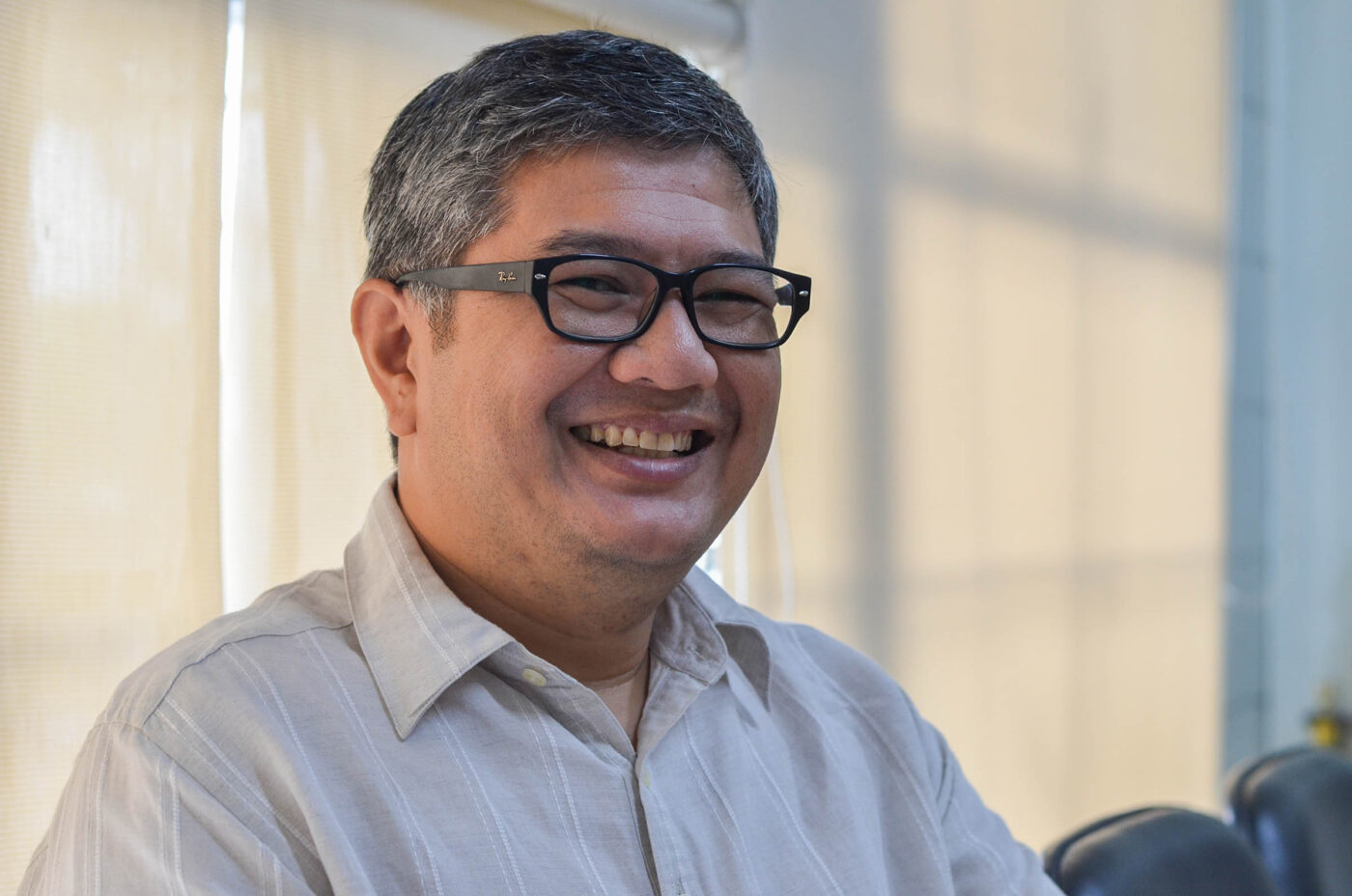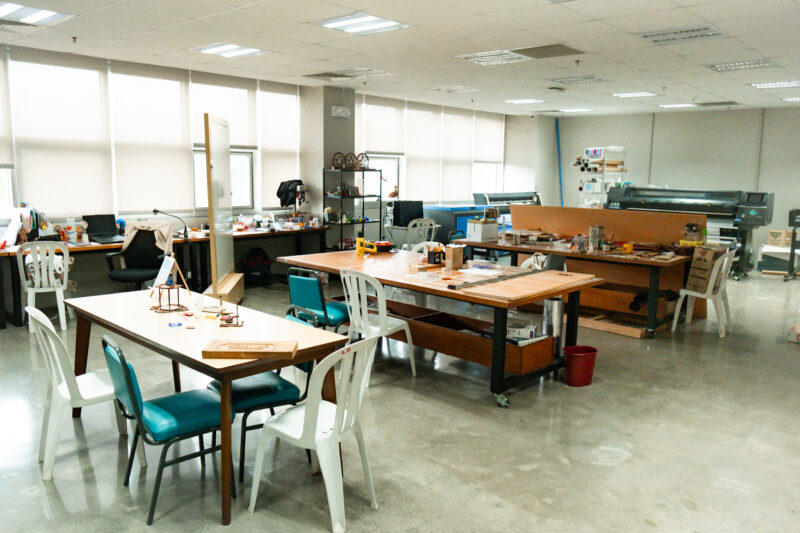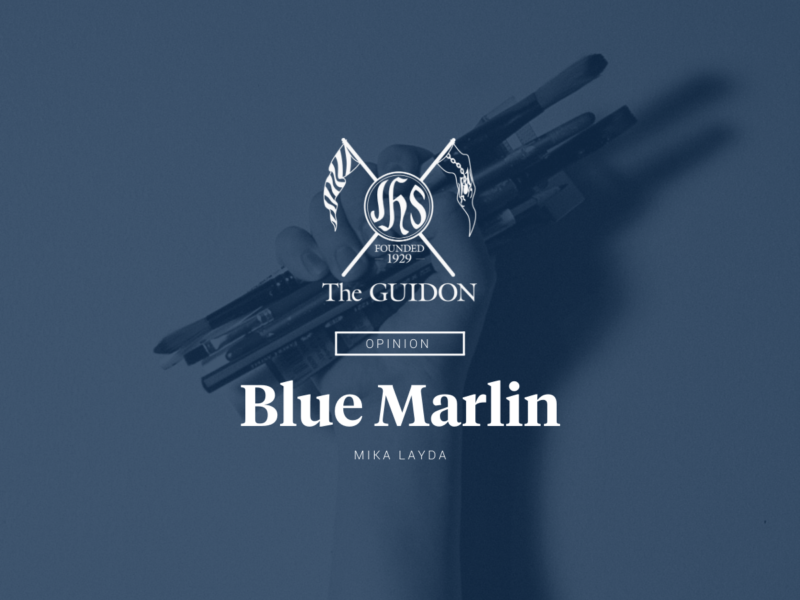BEING ABLE to give back to the institution that has done so much for you reflects the culture of utang ng loob in our country. It is a sign of gratefulness, and can bring a mix of nostalgia and fulfillment, especially when one returns to his or her alma matter. In the case of newly appointed Director of the University Athletic Office (UAO) Emmanuel Fernandez, what started out as a simple act of volunteerism has become his career path, and has been so for more than a decade.
From athlete to administrator
Fernandez is no stranger to the Ateneo sports scene. During his time in the Ateneo, he represented the Blue and White for the Blue Batters for four years. He graduated from the Ateneo in 1993 with a degree in BS Management and a minor in Marketing. He dabbled in business right after graduating, working with companies such as Jollibee, as one of its branch managers, and Starbucks, as part of the team that established its Katipunan branch.
Whilst doing this, Fernandez would still frequent the Ateneo to assist the baseball team as their manager and then, later on, as their assistant coach. His first experience with the Loyola Schools (LS) College Athletics Office (CAO) was in 2002—the year before the Ateneo’s hosting of the University Athletic Association of the Philippines (UAAP)—when he was asked by then Athletics Director Jun Capistrano to act as a resource person for the evaluation of sports coaches in the LS.
Associate Dean for Student Affairs Rene San Andres eventually asked Fernandez if he was willing to take a full-time job as coordinator of the LS CAO. What started out as an agreement for a one-semester stay in the LS CAO turned into a three-year contract, and has since extended far longer than he ever expected. In 2007, he was transferred back to the illustrious Blue Eagle Gym with the title of Assistant Director of Operations of the UAO–given to him by then UAO Director Richard Palou. As of this summer, Emmanuel Fernandez is the new director of the UAO, with Palou now serving as a consultant to the office.
In support of the student-athlete
As director of the UAO, Fernandez hopes to help Ateneo sports teams perform better. One main objective he would like to accomplish is to upgrade the training facilities on campus. “This is evident with an Atenean student’s tight academic schedule,” he says. “We have to provide them with perfect training venues on campus, and eliminate the time for them to go to another facility to train.”
As the LS allocates much of its income to upholding its high academic standard, Fernandez admits that the alumni are a big help in funding the office’s different endeavors, as well as providing sponsorships to teams. “It’s not just about donating, but more of having that network of alumni that would help out–whether in their capacity to work or capacity, if they can, [to] donate.”
“The general idea is to be able to provide the best possible scenario for student-athletes for training and academics,” says Fernandez. He aims to expand the UAO’s role in providing academic support for the athletes. For this, Fernandez would need to get more assistance from the LS so that more parameters are given, such as the adjustment of schedules to accommodate training hours.
One effort instigated by Fernandez was the creation of the Athletes’ Study Hall located in the Blue Eagle Gym. UAO Project Officer Timmy Santo Tomas shares, “[Fernandez] suggested to put up a study hall; it was because when they [travelled] abroad, they went to [the University of San Francisco] and they saw that student-athletes there have required study hours.” Atenean student-athletes on scholarships are now required to log in a minimum of three hours a week in the Athletes’ Study Hall.
“He is always one step ahead,” Santo Tomas says of Fernandez. “Kahit mga hindi pa pinoproblema pero naiisip niya na magiging problema ito, so ready agad siya with solutions (Even when something isn’t a problem yet, he already has a solution when it becomes one).”
Fernandez’s mission as director of the UAO, under his tenure, is to have a 100% graduation rate, whether Ateneo student-athletes graduate in four, five, or six years. Another is for the Ateneo to win the general championship—something that has yet to happen in the UAAP era. “Although [the goal to win the general championship] is not explicit or clearly written, it is just something assumed,” says Fernandez.







